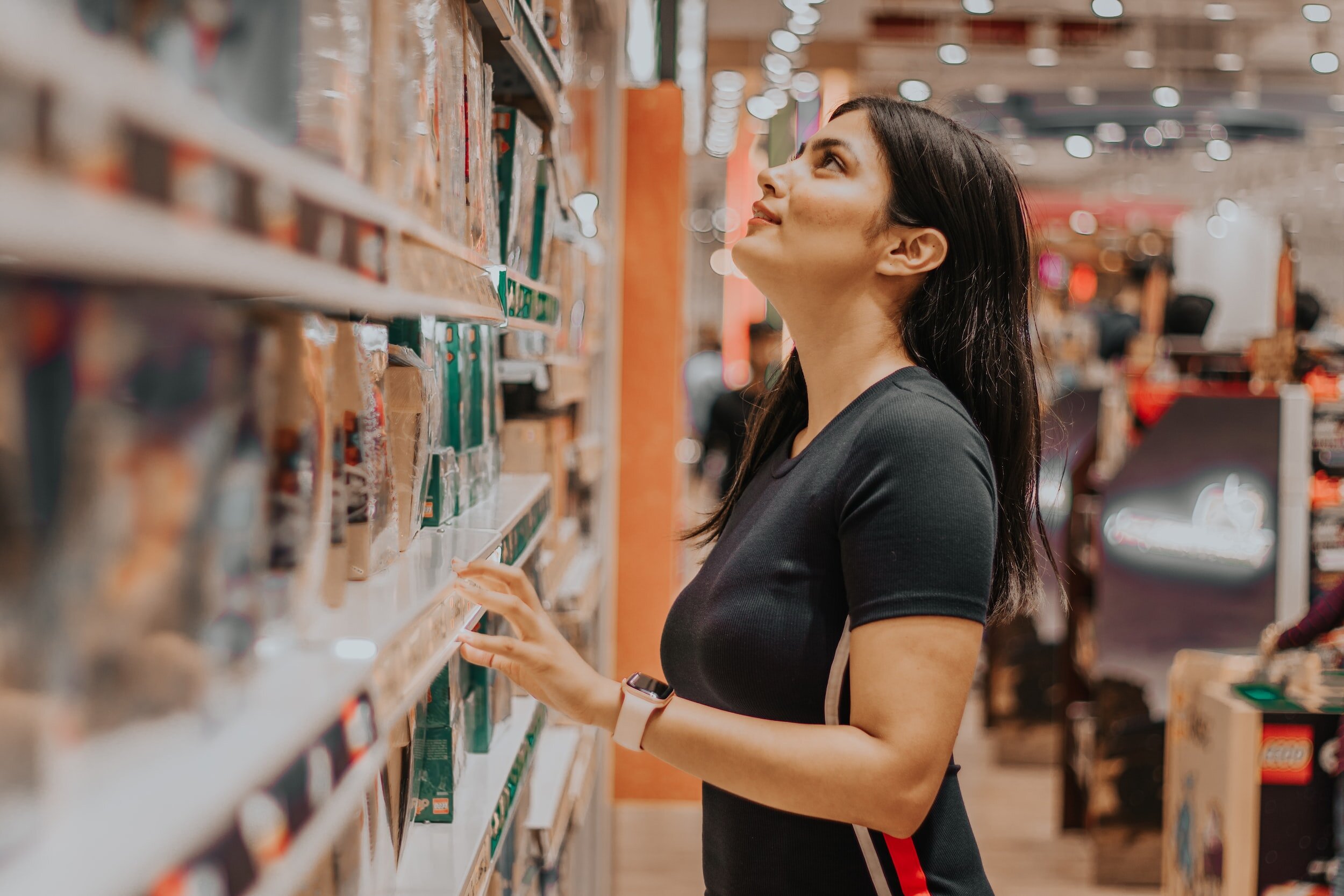Welcome back to Kindhub!
To kick things off, let’s explore the very question behind our mission.
Do individual sustainable living choices make a difference in shifting the needle for complex issues such as climate change? This is an interesting question, and as you can imagine there are different schools of thought.
Time magazine in 2019 proclaimed that individual choices are not enough and that we will need legislation at every level to change the lever on carbon emissions. They recommended a carbon tax on corporations. It is true that corporations create and emit the most carbon, in fact, one report suggests that 100 corporations were responsible for 71% of all the greenhouse gas (GHG) emissions between 1998 and 2005. 100 companies for 71% of the problem! At first glance, the headline certainly seems to suggest that individual choice may not matter. Yet, when we delve into the details and take a deeper look, here is what we uncover:
-
The 100 companies in this group all belong to the fossil fuel industry (ie. oil and gas)
-
The 71% of all GHG emissions number actually is made up of two components–the GHG created by the production of the fossil fuels AND the consumption of the same products ie. our consumption of these products.
Our consumption includes things like trucks transporting our food across the country from factories to grocery stores, commuting for work and errands, heating our homes with gas–this is a big part of the 71%.
The data here tells us something that is very simple: Companies make a lot of fossil fuels because there is a big demand for their product from us, their consumers. The reverse is also true, if there is not a market for any goods and services, corporations would reduce or stop making those goods and services.
This is the power of our individual choices stacked together!
Large problems such as climate change, animal cruelty and human inequality need work on both sides of the equation.
Innovators are working on providing alternative options for fossil fuels, there are now solar and electric options. These options will change the supply side of the equation but it will take time to become mainstream and accessible for everyone. On the demand side, while we cannot suddenly stop driving from place to place, we can certainly look at our actions and see where and how we can reduce demand for the current state while figuring out how to adopt the newer changes.
The US has become a consumer society and we earn to spend. As a country, in 2021 we purchased over $15T in goods and services. In fact, our spending per capita has increased 174% between 1970 and 2021 while our population during this time only increased 68%. Between 2020 to 2021, our population increased 0.31% while our consumption increased 12.6%. Compare this to Japan whose population is approximately half of ours but spends 16% of what we do.
We are creating demand for goods and services and corporations are rising to challenge to meet those demands.
So when we say that corporations account for so much of GHG emissions, we should ask ourselves, what is driving the behavior of these corporations.
Decreasing our demand is one way that our individual choices can make a difference. This doesn’t mean retreating into a hole and not enjoying life, but it does mean taking a hard look at our habits and being truthful with ourselves about what each of us needs vs wants. Do we really need that 15th black T-shirt? Do we need to buy three of something just so that we can get the fourth one free? What would happen if we bought just what we needed rather than what seemed like a good deal to get more?
Why has “Tik-Tok made me buy it” become a thing?
Is it really as cool as social media portrays it to be? Should we change our narrative and focus on sustainable living and being more conscious about how much we consume?
The quality of our choices is another way that our individual choices can make a difference. As consumers, we determine where we spend our money. By making more ethical choices, by buying fewer, high quality items made by ethical companies, we are sending a clear message. The message is that we are not interested in buying goods on the backs of others’ suffering. Now, let’s be honest, many of these better choice products are more expensive than traditional. This is a challenge since we all tend to compare to the traditional and think twice. I’m just as guilty of this. I understand that paying more for something is not possible for everyone, but if you have the wiggle room in your budget, ask yourself, “what message am I sending by my choice here?” and make the choice that aligns with a world that feels kinder. With enough messages from consumers, we will shift the demand/supply needle.
Our impact on others around us is another way that our individual choices can make a difference. It has been shown over and over that we learn more from each other and are influenced by our friends than anything on mainstream media. What if each of us were to become an influencer for good?
By changing our actions and leading by example, people around us will observe and learn. Please do not underestimate your power to influence others and really think about what you want that influence to look like.
By making thoughtful choices about everything that we consume, we are sending a message of kindness––we will be kinder to the environment, kinder to others, and kinder to ourselves. Not only will we save money, research has shown that people who have less clutter around them are happier and calmer!
Over the months and years to come, we will share balanced, thought-provoking, and actionable intelligence to support a more sustainable path forward, one step (or action) at a time. We hope this becomes a supportive community, where we can each contribute to a kinder world.
We’d love to hear from you! What individual choices have you made towards kindness? Can you share examples of you making a change that has influenced others around you? What topics would you like us to cover?



